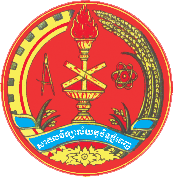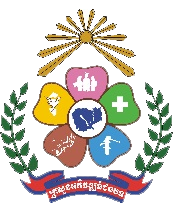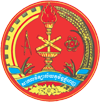GOAL & OBJECTIVES
The overall goal of this project is to facilitate the government's commitment in providing full rural water supply and sanitation coverage by 2025, introducing climate-informed decision-making and planning, thus minimizing climate risks and vulnerabilities on the infrastructure. The project geographically scopes within two highly flood prone provinces (Kampong Cham and Battambang).
The project has three primary objectives.
-
To enable provincial level officials of rural development (with specific focus on those who work for rural water supply and rural health care) and water and sanitation development partners (WATSAN DPs) in developing a sound climate informed planning and decision-making for rural water supply and sanitation infrastructure, thus climate-proof technologies will be chosen.
-
To improve understanding of provincial government officials from concerned Departments: Health, Women Affairs and Social Affairs on climate variability and change and associated impacts within water and health sectors. The rationale in involving the second group of audience (as observers) is because CC also impacts human health especially women, children and elderly people, in a number of ways. Additionally, improving rural water supply and sanitation services influences rural health outcome, therefore it is important that they are aware of such climate threats and health co-benefits. The assumption here is that having engaged them in the capacity building process will improve their understanding, thus facilitate stronger cooperation among the relevant stakeholders, avoid overlapping activities, and seek for synergy.
-
To facilitate the commitment of the DES/RUPP in developing a CC knowledge hub, building resources: human (trainers, researchers and project officials) and reading materials including the training modules, building relationships with participating organizations especially MRD and PDRD, and the building visibility of DES as an excellent national knowledge center for CC adaptation specifically and CC in general.
Implemented By:


Supported by:
Cambodia Climate Change Alliance

